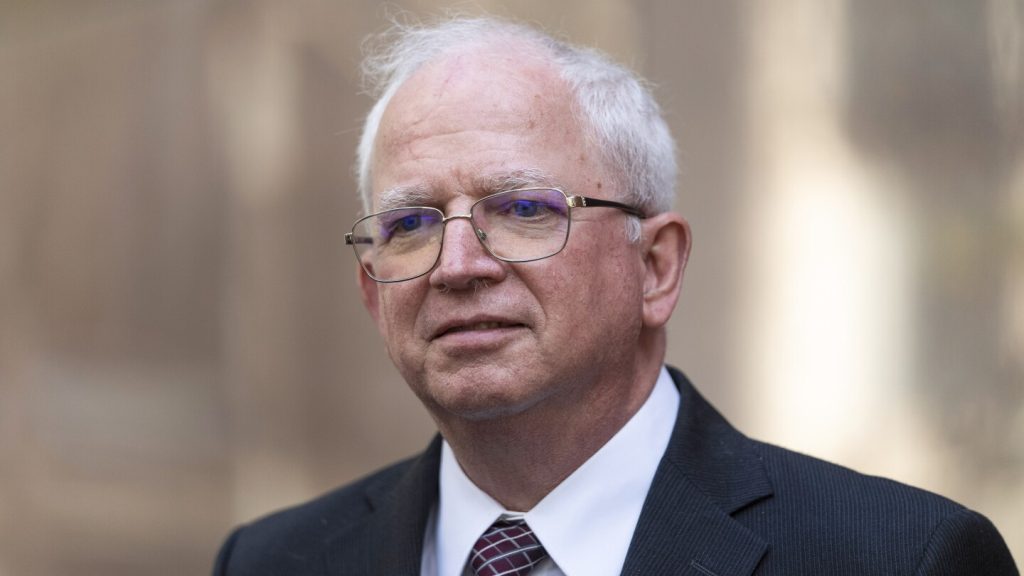The Arizona attorney general’s office has revealed conspiracy, fraud, and forgery charges against an ex-aide of former President Donald Trump and four attorneys in Arizona’s fake elector case. Mike Roman, Trump’s director of Election Day operations, and attorneys John Eastman, Christina Bobb, Boris Epshteyn, and Jenna Ellis were accused of organizing an attempt to use fake documents to persuade Congress not to certify Joe Biden’s victory. The office announced charges against 11 Arizona Republicans who submitted a document falsely declaring that Trump won in Arizona in the 2020 presidential election, including a former state GOP chair, a U.S. Senate candidate, and two sitting state lawmakers.
The names of former Trump chief of staff Mark Meadows and lawyer Rudy Giuliani were blacked out in the indictment. However, they were readily identifiable based on descriptions of the defendants, but the charges against them were not clear. Representatives of Eastman, Meadows, and Giuliani have criticized the prosecution as political. Trump himself was referred to as an unindicted co-conspirator in the case. Arizona now becomes the fourth state where allies of the former president have been charged with using false or unproven claims about voter fraud related to the election. The defendants in the Arizona case are scheduled for their initial court hearing on May 21.
The 11 people nominated to be Arizona’s Republican electors met in Phoenix on Dec. 14, 2020, to sign a certificate claiming that they were “duly elected and qualified” electors and falsely stating that Trump carried the state. A video of the signing ceremony was posted on social media by the Arizona Republican Party at the time. The document was later sent to Congress and the National Archives but was ignored, as Biden won Arizona by more than 10,000 votes. Roman, Epshteyn, Bobb, and Ellis declined to comment or could not be reached, while Eastman, Meadows, and Giuliani’s representatives have criticized the charges as politically motivated. The identities of seven other defendants had not been released on Wednesday as they had not yet been served with the indictments.
These charges reflect the ongoing controversy surrounding the 2020 U.S. presidential election and the efforts by some to challenge the results. The indictment in Arizona highlights the lengths to which some individuals allegedly went to try and overturn the election results in favor of Trump. The legal proceedings against these individuals will shed further light on the actions taken to challenge the election outcome and the potential consequences for those involved. The upcoming court hearing on May 21 will be a significant milestone in the legal process, where the defendants will have the opportunity to respond to the charges brought against them and present their defense. The outcome of this case will have implications not only for the individuals directly involved but also for the broader political landscape in the aftermath of the 2020 election.















